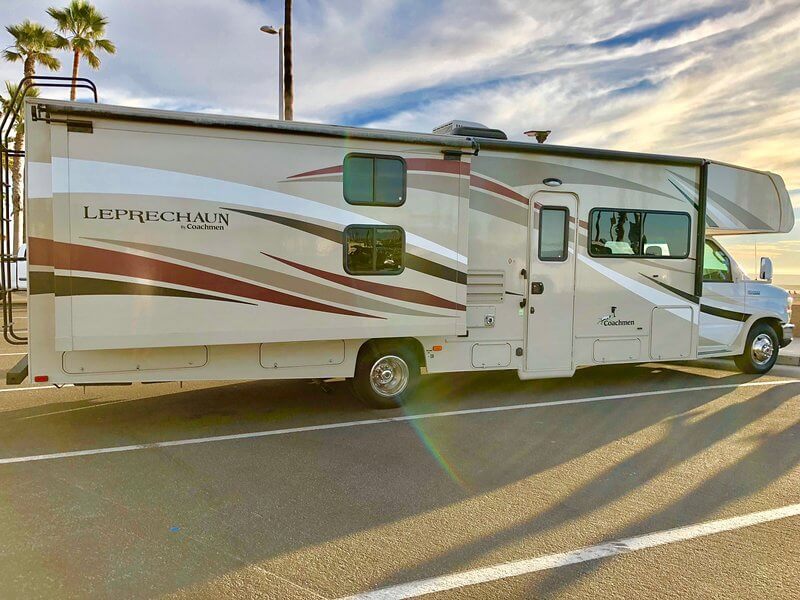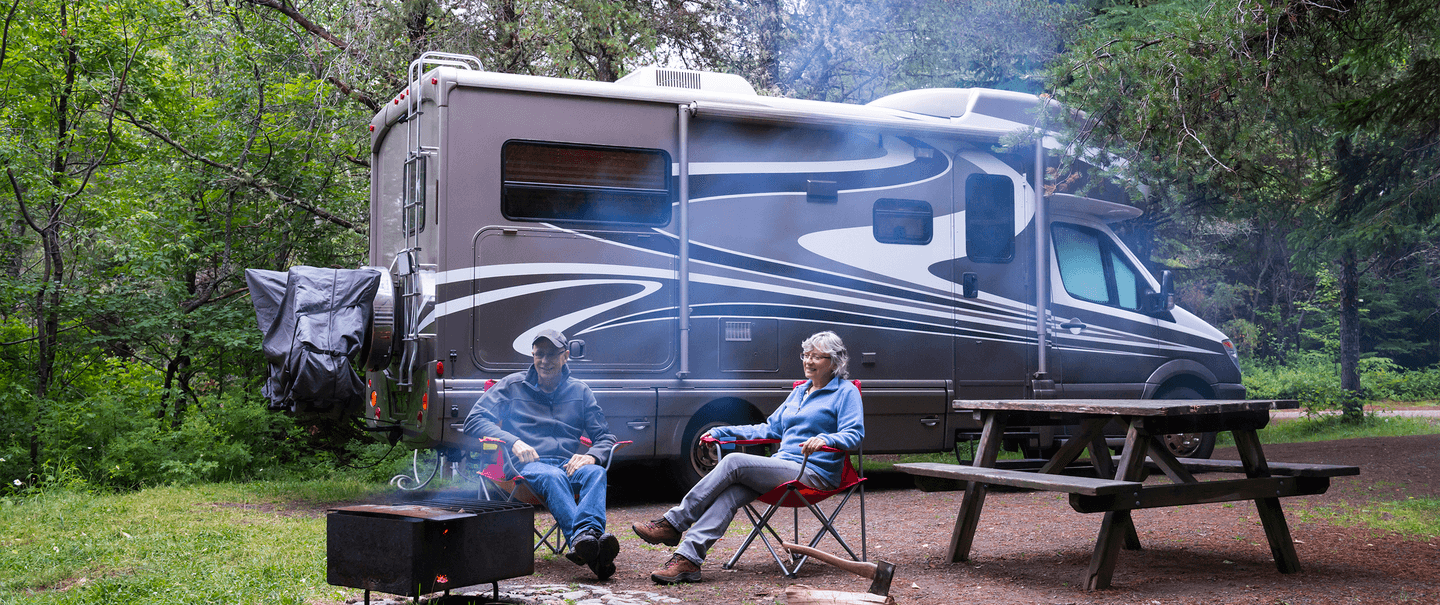
Many people are choosing to live in RVs full-time. While this may seem like a great way to save money and travel the country, there are many downsides to this lifestyle that you should be aware of before making the switch.
At first glance, the RV life seems like a dream come true. Travelling the country, seeing new places, and living a nomadic lifestyle seem like a living dream, and for some people, that is precisely what it is, but for others, it may prove to be a nightmare.
We’ve all seen the thrilling videos on YouTube and read the blog posts about how living in an RV full-time is the perfect solution to your problems. You can travel wherever and whenever you want, and you don’t have to worry about the high cost of living or being tied down to a specific location.
But what those videos and blog posts don’t tell you is that there are some genuine downsides to living in an RV full-time.
Here are some things to consider before making the switch.
The Cons of Living in an RV Full-Time
1. There’s Limited Space

Full-time RVers quickly learn that there’s limited space inside an RV – no matter what size rig you have. And while this might not be such a big deal if you’re single or travelling with just your partner, it can be challenging if you have kids or pets. Additionally, it cannot be easy to find storage for things like seasonal clothing and off-season gear when living in such close quarters. They start to feel claustrophobic and long for more open space. As a result, instead of occupying the RV itself, they may end up spending more time outside, halting, more often than required, for some fresh air and openness.
2. Maintenance/Repairs are Costly
Another thing to consider before jumping into the full-time RV lifestyle is that RVs require a fair amount of maintenance and repairs – especially if your rig is older. This can be expensive and time-consuming, especially if you don’t have experience working on RVs.
Additionally, newer RVs tend to have more problems than traditional homes because they’re constantly used and abused on the open road. So, even if maintenance costs aren’t an issue for you now, they could very well become one.
3. Planning Is Vital When Travelling in an RV

Travelling in an RV can be a great adventure, but planning is essential. For normal short car trips that we are used to making in daily lives, just by taking the time to map out your route and ensure you have all the supplies you need, you can ensure that your trip goes smoothly. You may think that living in an RV is just as simple, but it requires a lot more intensive planning. For example, if bad weather is headed your way, you must ensure you have enough food and supplies to last until conditions improve – which could be days or weeks, depending on the storm’s severity.
4. It Cannot Replace a Permanent Home
RVs may be mobile homes, but that doesn’t mean their comfortable places to live long-term. On the contrary, RVs are typically cramped, with limited storage space and few (if any) amenities. And since they’re designed for travel, they often lack the stability and creature comforts people crave in a home.
5. It Brings Along an Unpredictable Life
One final downside to living in an RV full time is that they can be unpredictable. RVs break down often, and when they do, it can be complicated (and expensive) to get them repaired. Additionally, RVs typically don’t have the same level of security as traditional homes, which means that your belongings are at risk of being stolen or damaged. For these reasons, living in an RV full time is generally not a good idea.
6. It May Be More Unhygienic Compared to a Traditional Home
Have you ever gone camping and returned feeling like you need a shower? Now imagine feeling that way all the time. That’s what it’s like living in an RV full-time because, let’s face it, there’s only so much space for cleaning supplies in an RV. As a result, many full-time RVers develop what’s known as RV funk. If constant dirtiness doesn’t sound appealing, then living in an RV is probably not the right choice for you.
7. You’ll Miss Out on Some of Life’s Most Important Milestones

If you’re living in an RV, as an all-time traveller, chances are you won’t be able to attend your friends’ and family members’ milestones such as their weddings, graduations, or baby showers. While you can certainly stay in touch via social media and video chat, there’s nothing quite like being able to give someone a hug in person when they’re going through a tough time. Touring makes it difficult to find time and energy to cater to social needs.
Conclusion
Living in an RV full-time may seem like a great way to save money and travel the country, but there are many downsides to this lifestyle that you should be aware of before making the switch. RVs are expensive, uncomfortable, and unreliable.
So, unless you’re prepared for a life of discomfort and insecurity, you’re better off sticking with traditional housing. Before you sell everything, you own and hit the open road in an RV full-time, carefully weigh the pros and cons.
Living in an RV certainly has its perks—but it also comes with some significant downsides that you may not have considered. So, think carefully before taking the plunge—you may regret it later if you do.
From being constantly dirty to missing out on Possessions, You’ll Miss Out On “the little things” there are several drawbacks that come along with living on the road full-time. So, if constant movement and being eternally dirty doesn’t sound appealing, maybe give a pass for full-time living in an RV.

